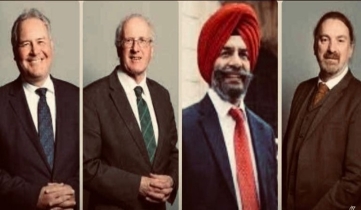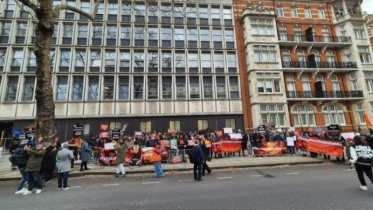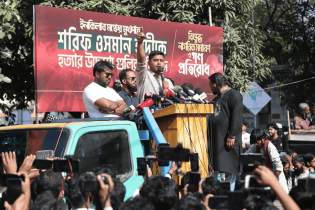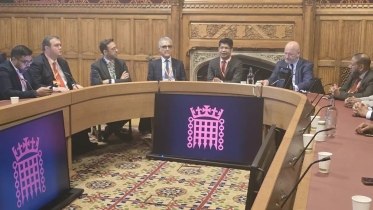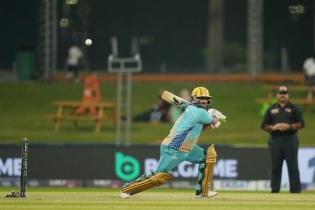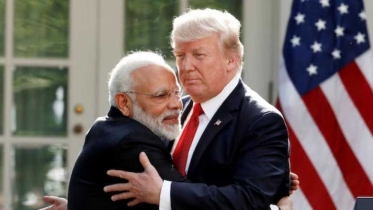Concern for Bangladesh rights under interim government voiced at UN seminar
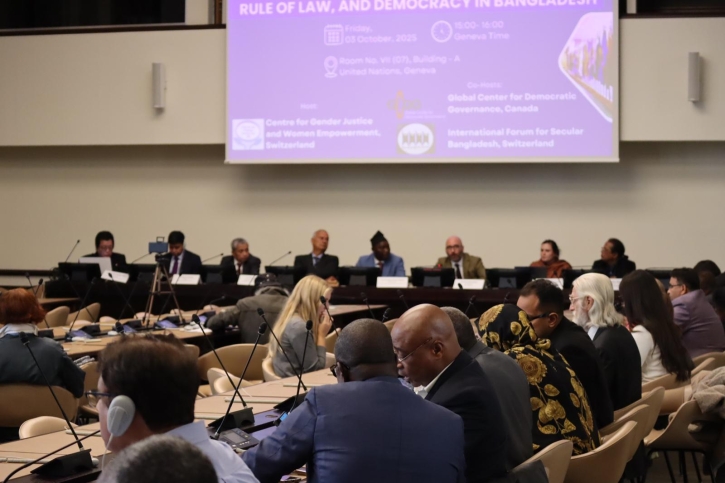
A side seminar held during the UN Human Rights Council’s 60th session in Geneva voiced deep concern about the state of human rights in Bangladesh under the current unelected interim government. The event, titled “Violations of Fundamental Human Rights, Rule of Law and Democracy in Bangladesh,” was organised by the Centre for Gender Justice and Women Empowerment, the Global Center for Democratic Governance, and the International Forum for Secular Bangladesh.
Speakers alleged widespread violations, including political repression, arbitrary arrests, extrajudicial killings and restrictions on freedom of expression, urging renewed international scrutiny and action. They referred to the UNHRC report published in February 2025, which documented abuses from July to August 2024, while arguing the report lacked transparency and editorial rigour.
Key remarks and organisations represented were Paulo Casaca, Executive Director of the South Asia Democratic Forum, who warned that excluding a popular party such as the Awami League from a national election could amount to a “fraudulent election,” Professor Dr. Md. Habibe Millat, President of the Global Center for Democratic Governance, questioned the UN-report’s editing in line with UN standards, asking, “If the report was not edited in line with the UN’s editorial guidelines, then why was it published,?” Suhas Chakma, Director of Rights & Risks Analysis Group, called for new initiatives to address the human rights situation in Bangladesh and demanded the immediate establishment of an independent human rights council, Natalia Sineaeva-Pankowska, a representative of the NEVER AGAIN Association, strongly condemned the violations of women’s and children’s rights under the interim government and demanded justice for each incident and Chris Blackburn, Communications Director of the European Bangladesh Forum, made special mention of recent human rights violations in the Chittagong Hill Tracts and urged that all perpetrators involved in human rights abuses be brought to justice.
Dr Chongsi Ayeah Joseph, President and CEO of the Centre for Human Rights and Peace Advocacy, moderated the session. At the event's conclusion, Rahman Khalilur Mamun, Executive President of the International Forum for Secular Bangladesh, thanked all participants.
The session highlighted the need for independent human rights oversight and accountability for abuses, with a particular emphasis on the rights of women and children, as well as the situation in the Chittagong Hill Tracts. There was also discussion of potential electoral risks, including the possibility of a “fraudulent election” should a major party be barred from contest.





























